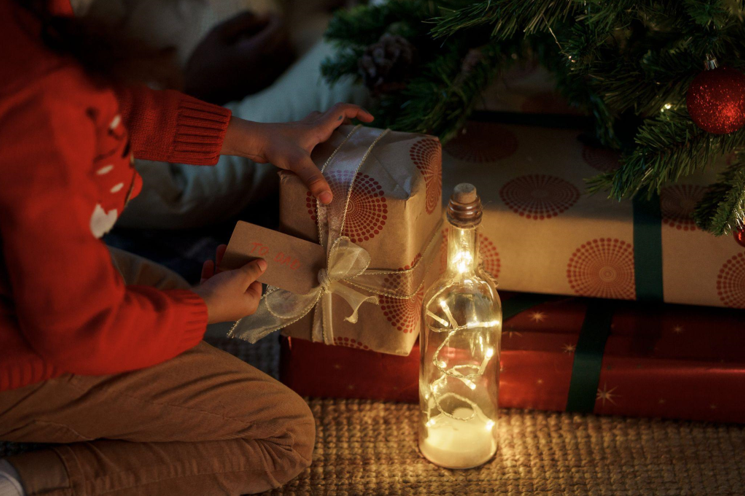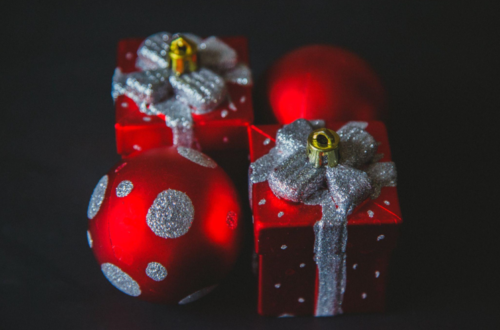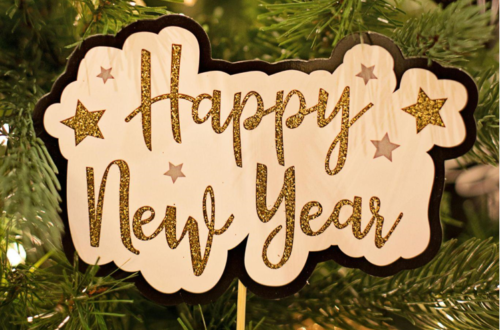
The Controversy Surrounding Fake Christmas Trees: A Debate on Tradition and Convenience
Origins of Christmas Trees in Christianity
The use of evergreen trees as decoration during the winter holidays can be traced back to European pagan traditions. However, the use of artificial Christmas trees tree with lights as a symbol of the holiday season became popular in Christian communities in the early 17th century in Germany. It is said that devout Christians would bring trees into their homes and decorate them with candles and other religious ornaments, using the tree as a symbol of Jesus, Mary, and the Holy Ghost.
Today, many households in Christian communities still adhere to this tradition, often showcasing a real evergreen tree as a reminder of the religious origins of Christmas. However, with the rise of convenience and environmental concerns, many have opted for artificial Christmas trees tree with lights to fill their homes during the holiday season.
The Debate Over Fake Christmas Trees
The debate over whether or not it is appropriate to have a fake Christmas tree in your home centers around tradition versus convenience. Those who prefer real trees argue that they provide a more authentic and traditional representation of the holiday season and a unique and pleasant aroma. Artificial tree advocates, on the other hand, point out the long-term convenience and cost-effectiveness of a fake tree and the positive impact on the environment by reducing tree-cutting.
Some argue that having a fake tree can even be considered sinful, as it goes against the original Christian tradition of using evergreen trees to symbolize the three religious figures. According to this argument, a fake tree undermines the importance of the religious aspects of Christmas, turning the holiday into a secular, commercialized event.
However, others refute this argument, stating that the original tradition did not specify that the artificial Christmas trees tree with lights had to be real and that the critical aspect of the tradition is the symbolism that the tree represents, not the tree itself. They argue that having a fake tree does not make an individual any less of a Christian or detract from the holiday’s religious aspects.
Conclusion:
Ultimately, deciding whether to have a fake Christmas tree in your home is highly personal, depending on individual beliefs and values. However, it is essential to remember the origin of the tradition and the symbolism behind the use of evergreen trees during the holiday season. The decision to go in either direction should be a thoughtful one that considers tradition, convenience, cost, and the environment. Additionally, it is essential to remember that the Christian holiday season is more than just the tree one chooses to display. True Christmases can be celebrated in conviviality with family and church, bringing more significance than a mere tree.




